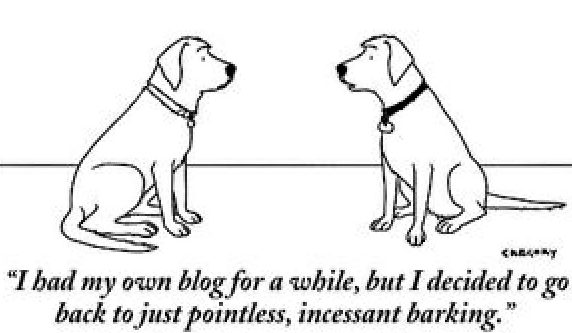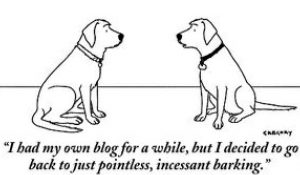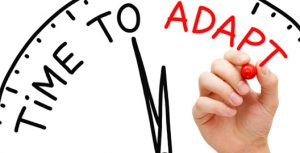
 It’s New Year’s day. Billions of people give and get strokes… ((A stroke (in Transactional Analysis) is a unit of social transaction. A hug. A nod. A smile. A hello, a thank you, a “how are you?”, or an f… you…. these are all social transactions. The more you get the less your spine shrivels up on you…
It’s New Year’s day. Billions of people give and get strokes… ((A stroke (in Transactional Analysis) is a unit of social transaction. A hug. A nod. A smile. A hello, a thank you, a “how are you?”, or an f… you…. these are all social transactions. The more you get the less your spine shrivels up on you…
Experiments show that babies stop thriving if they have insufficient social transactions… Other experiments how that rats are the same way. But the most surprising thing is: for a rat (and I guess for a human) an electric shock, a slap on the face, and insult also count as a stroke… preventing their spine from shriveling up.
My personal interpretation is: as long as life tells you you exist, you want

 I listened to step two of the 67 steps, I think, the seventh time three days ago, and then again yesterday. The step is about evolution. Growth. What it takes to grow… personally. It’s also about being adaptable, it’s about …
I listened to step two of the 67 steps, I think, the seventh time three days ago, and then again yesterday. The step is about evolution. Growth. What it takes to grow… personally. It’s also about being adaptable, it’s about … 









 Believe it or not, grieving ((from Wikipedia: Grief is a multifaceted response to loss, particularly to the loss of someone or something that has died, to which a bond or affection was formed. Although conventionally focused on the emotional response to loss, it also has physical, cognitive, behavioral, social, spiritual, and philosophical dimensions. While the terms are often used interchangeably, bereavement refers to the state of loss, and grief is the reaction to loss, along with nostalgic longing for something or someone that probably won’t return.
Believe it or not, grieving ((from Wikipedia: Grief is a multifaceted response to loss, particularly to the loss of someone or something that has died, to which a bond or affection was formed. Although conventionally focused on the emotional response to loss, it also has physical, cognitive, behavioral, social, spiritual, and philosophical dimensions. While the terms are often used interchangeably, bereavement refers to the state of loss, and grief is the reaction to loss, along with nostalgic longing for something or someone that probably won’t return.